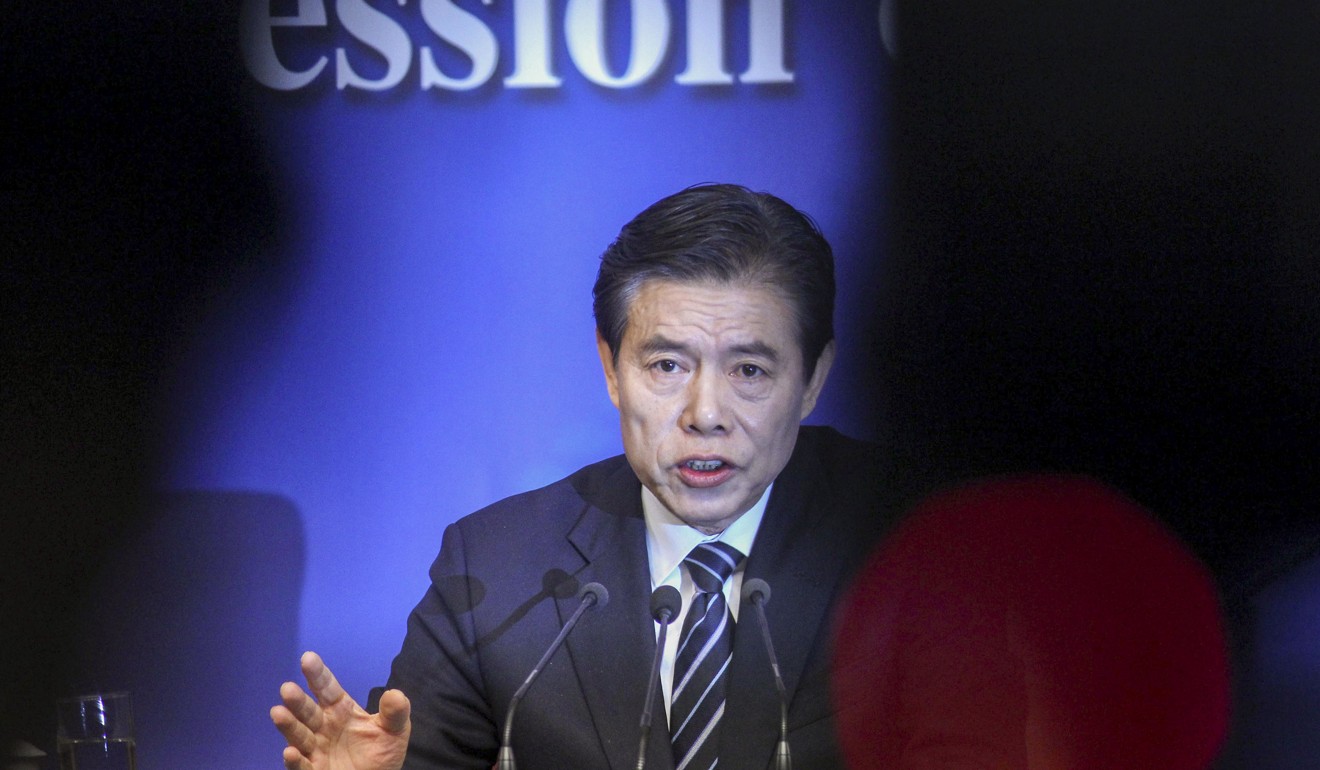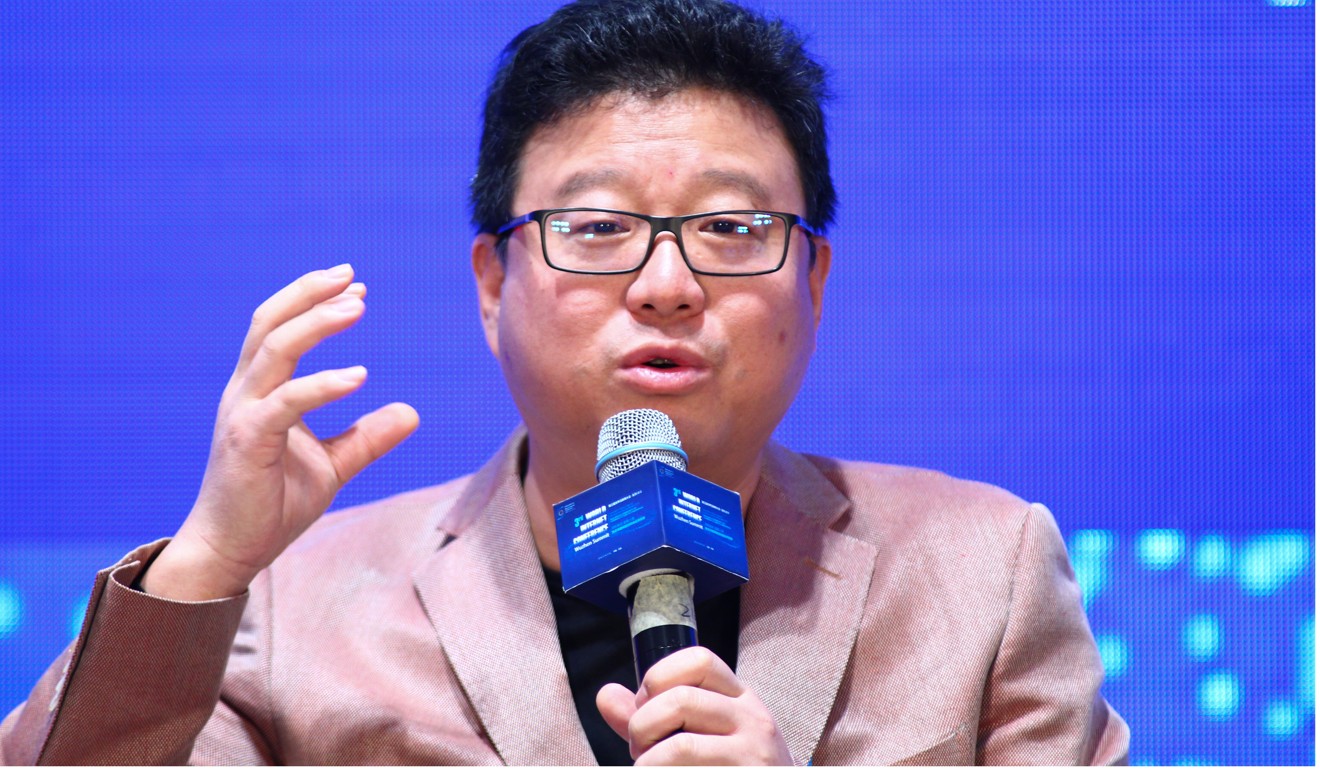
Shanghai expo is fair ground to test policies to spur domestic consumption, says expo veteran
E-commerce major NetEase plans US$791 million spending spree on consumer goods from the US, Europe and Japan during the inaugural China International Import Expo to be held in November
China’s inaugural global imports fair in November is the perfect platform to try out new trade policies, as Beijing looks to make domestic consumption the mainstay of its economy, an expo veteran and lawmaker said.
From lower import taxes to smoother customs clearance measures, businesses are pinning hopes that Beijing will use the China International Import Expo, scheduled from November 5 to 10 in Shanghai, to test new polices on trade and cross-border e-commerce.
Zhang Weimin, assistant to the general manager of Shanghai International Trade Promotion, said reduced taxes could help China keep consumers from spending on overseas trips and help domestic consumption to grow.
“We hope there will be easier measures on customs clearance for products to be exhibited during the fair,” Zhang said on the sidelines of the annual meetings of the National People’s Congress this week. “Authorities can even extend such breakthroughs nationwide if they see such tests are effective after the fair ends.”
Zhang, a lawmaker and whose parent company is organising participants for the gems and jewellery section of the fair, said he hoped that the import tax could be temporarily cut for precious gems to be showcased at the exhibition.

Currently, precious gems face a levy of 37 per cent that includes import tax, consumption tax and value added tax. Traders are seeking a similar import tax treatment to diamonds, which sits at 4 per cent after factoring in tax refund.
Meanwhile, cross-border e-commerce companies – a vital cog in spurring domestic consumption – are also seeking go-ahead from the authorities to showcase products during the exhibition as a way to get more visitors familiar with their businesses, a source told the Post, declining to be named.
Currently, e-commerce portals can sell to consumers online but cannot physically display their merchandise, except in bonded zones, because of restrictions.
William Ding Lei, founder and chief executive of internet major NetEase, said his company plans to spend up to 5 billion yuan (US$791 million) during the fair.
NetEase, through its cross-border e-commerce arm Kaola.com, will buy mother and baby care products and electronics, Ding said on the sidelines of the annual political meetings on Wednesday, adding that the focus will be on consumer goods from Japan, Europe and the US.
The fair is a chance for Beijing to better balance its trade with other nations by boosting imports and making domestic consumption a new growth engine of the economy, shifting away from the old model that depends on exports and investments, analysts said.

Commerce Minister Zhong Shan said last week that the fair, dubbed one of the year’s four key diplomatic occasions, was part of China’s answer to uphold globalisation and free trade in an era when “the multilateral trading system is challenged and protectionism is on the rise”.
Zhong said the response to the fair has been overwhelming with companies and merchants from 120 countries confirming their participation, more than double the original estimate.
According to Standard Chartered, the top developed nations have underperformed in their exports potential to the world’s major emerging economies.
The G7 nations – the US, UK, Germany, Canada, Japan, Italy and France – can increase exports by 30 per cent or US$162 billion a year if they fully exploit their potential with the Emerging 7 – China, Bangladesh, India, Indonesia, Nigeria, Pakistan and Vietnam, the bank said.

